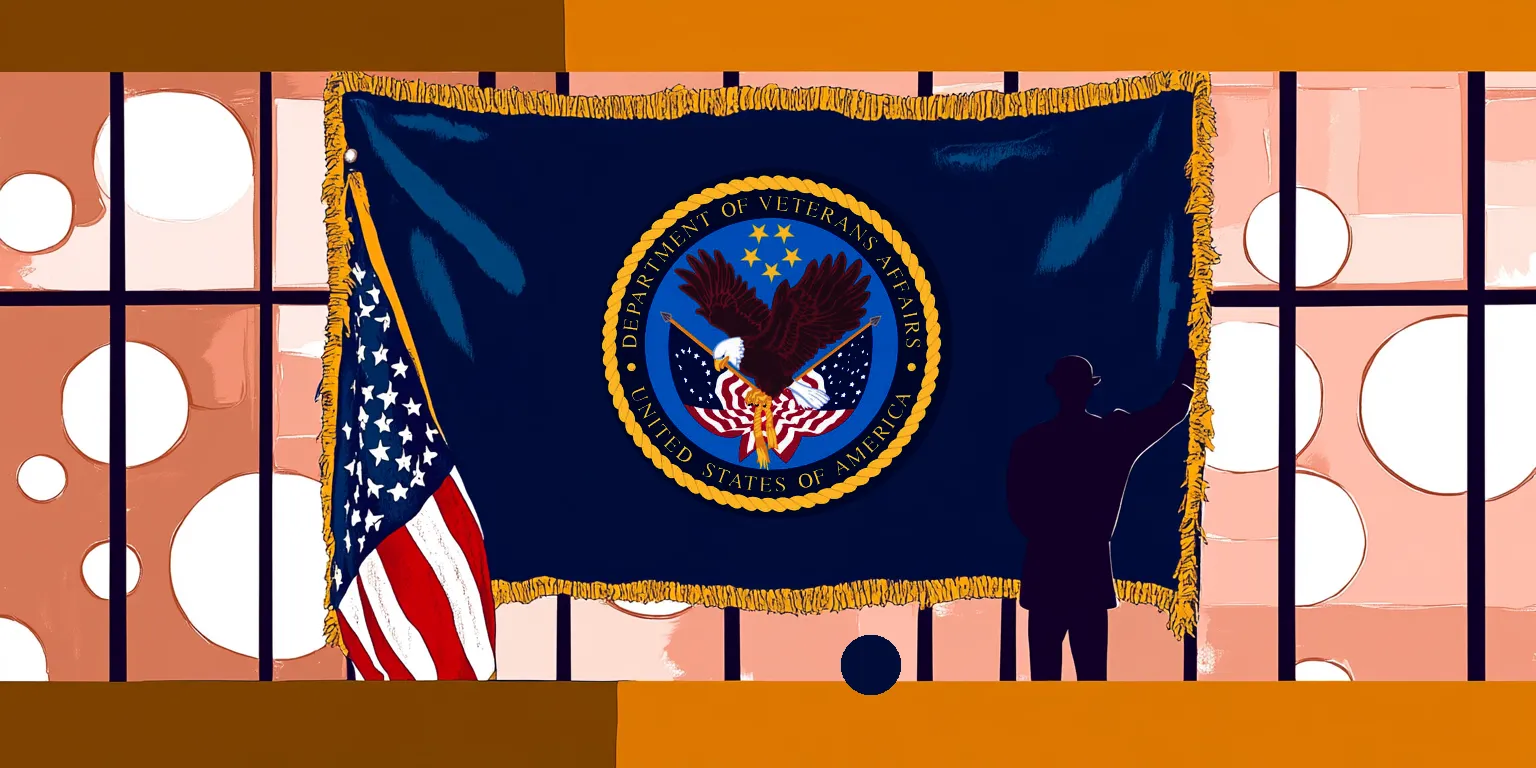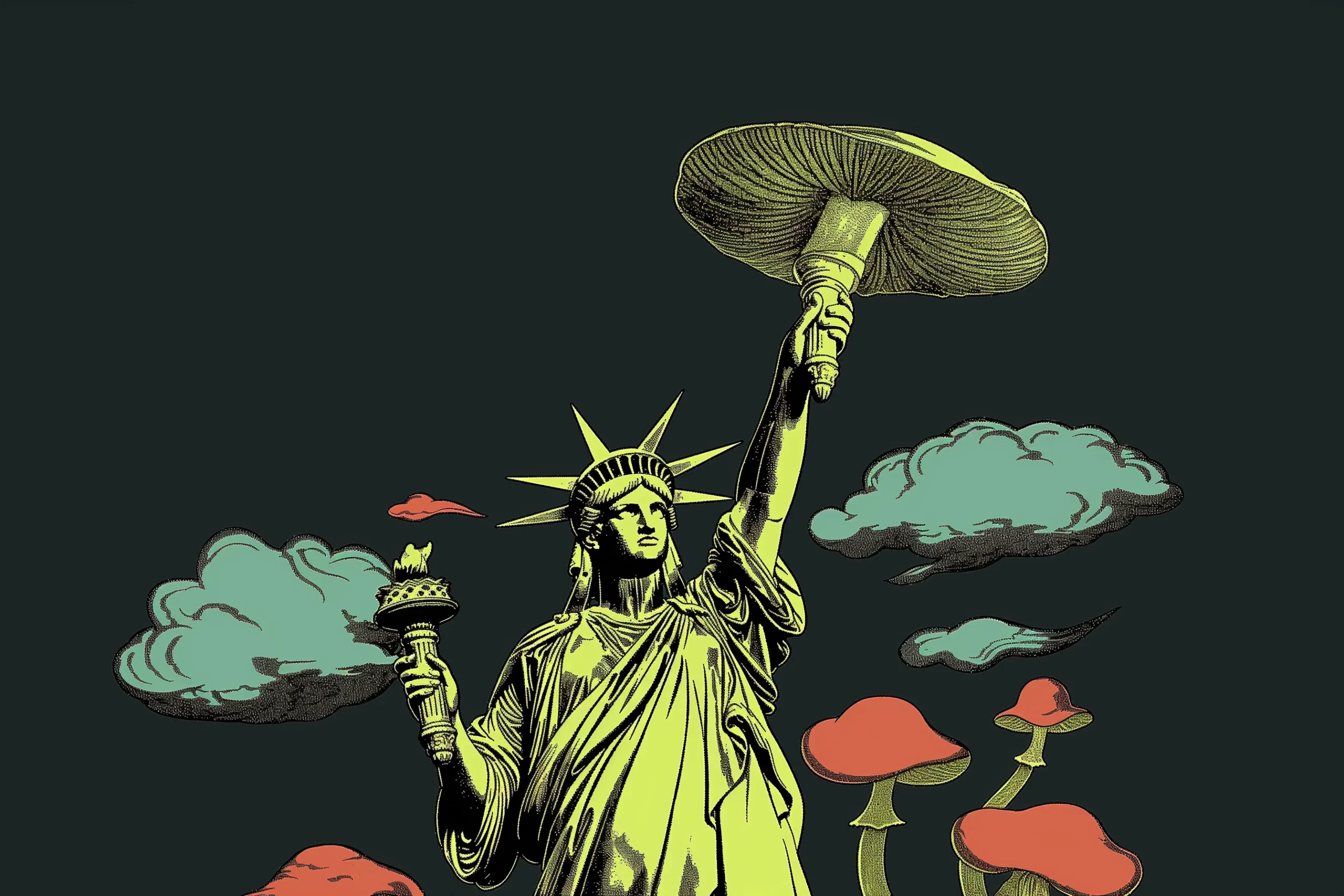In this week’s Psychedelic news roundup, we cover Maryland’s mass pardoning of thousands of cannabis convictions, a new LSD for depression study, and more.
Maryland Issues Mass Marijuana Pardons
As detailed by the Washington Post, Maryland Governor Wes Moore has issued mass pardons for low-level marijuana offenses. Governor Moore’s action pardoned 175,000 cannabis-related convictions, a significant step towards addressing racial inequities in the criminal justice system.
Governor Wes Moore’s actions mirror those of the Biden administration, which has similarly taken strides to amend federal policies, urging governors to pardon minor federal possession charges. In 2022, President Biden pardoned about 6,500 individuals, expanding these pardons further by the end of the year. Maryland’s recent decision aligns with these efforts. It has been met with optimism from advocates like Sarah Gersten, executive director of the Last Prisoner Project, who sees it as the beginning of a larger movement toward cannabis justice.
However, experts like Cynthia W. Roseberry of the American Civil Liberties Union caution that while pardons forgive crimes, expungements— which erase convictions— are more effective in preventing these records from hindering one’s ability to secure employment, housing or other services
Keep Up with Uncensored Psychedelic Trends
Join our newsletter at Psychedelics Uncensored.
We respect and protect your privacy. By subscribing your info will be subject to our privacy policy . Unsubscribe easily at any time
Maryland’s initiative also comes amidst broader federal actions to reconsider marijuana’s legal status. The Justice Department has proposed shifting cannabis to a less restrictive category, potentially expanding medical research and access. Public opinion has strongly shifted as well, with a 2023 Gallup poll indicating 70 percent support for marijuana legalization across the U.S., signaling a significant transformation in societal and political attitudes toward cannabis policy. (1)
MindBio Releases the Result of its LSD for Major Depression Clinical Trial
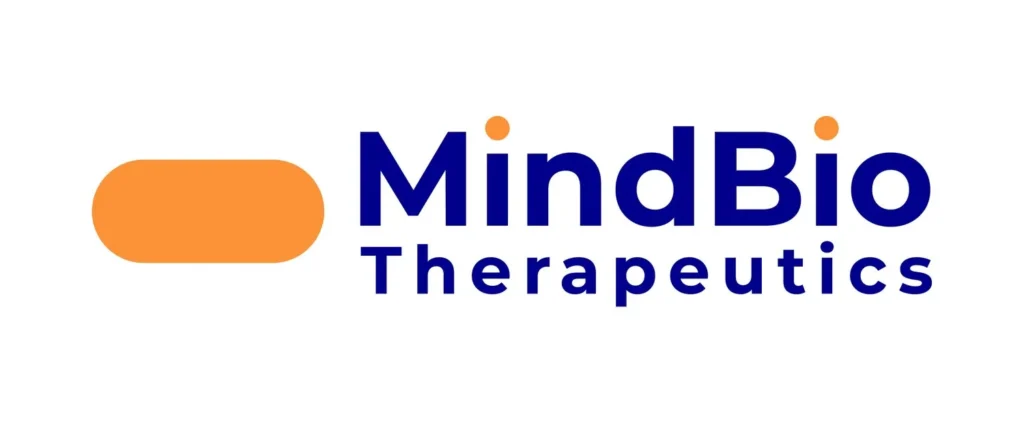
MindBio Therapeutics, based in Vancouver, has recently unveiled promising results from their Phase IIa clinical trial, demonstrating the effectiveness of their Lysergic Acid Diethylamide (LSD)-based drug, MB22001, in reducing symptoms of depression. This innovative treatment involves microdosing LSD to achieve sub-hallucinogenic levels, allowing patients to maintain their normal daily routines while receiving the medication.
The trial, conducted in New Zealand, revealed that one month post-treatment, patients experienced a significant reduction in depressive symptoms, maintaining the antidepressant effects observed during the treatment period. Additionally, participants reported improvements in mood, energy, creativity, overall well-being, and sleep quality.
Phase IIA Results:
Trial Features:
Safety and adherence to the treatment were also highlighted as strengths of the study, aligning with the positive tolerance profile observed in the initial Phase I trial. The outcomes have paved the way for ongoing Phase IIb trials, including studies focused on major depressive disorder and advanced-stage cancer patients, with plans to explore the drug’s effects on premenstrual syndrome (PMS) and premenstrual dysphoric disorder (PMDD). (2)
Keep Up with Psychedelic Trends
Get uncensored psychedelic news, events, and updates. Join Psychedelics Uncensored!
We respect and protect your privacy. By subscribing your info will be subject to our privacy policy . Unsubscribe easily at any time
Massachusetts Advances Bill to Study Psychedelic Therapy for Veterans
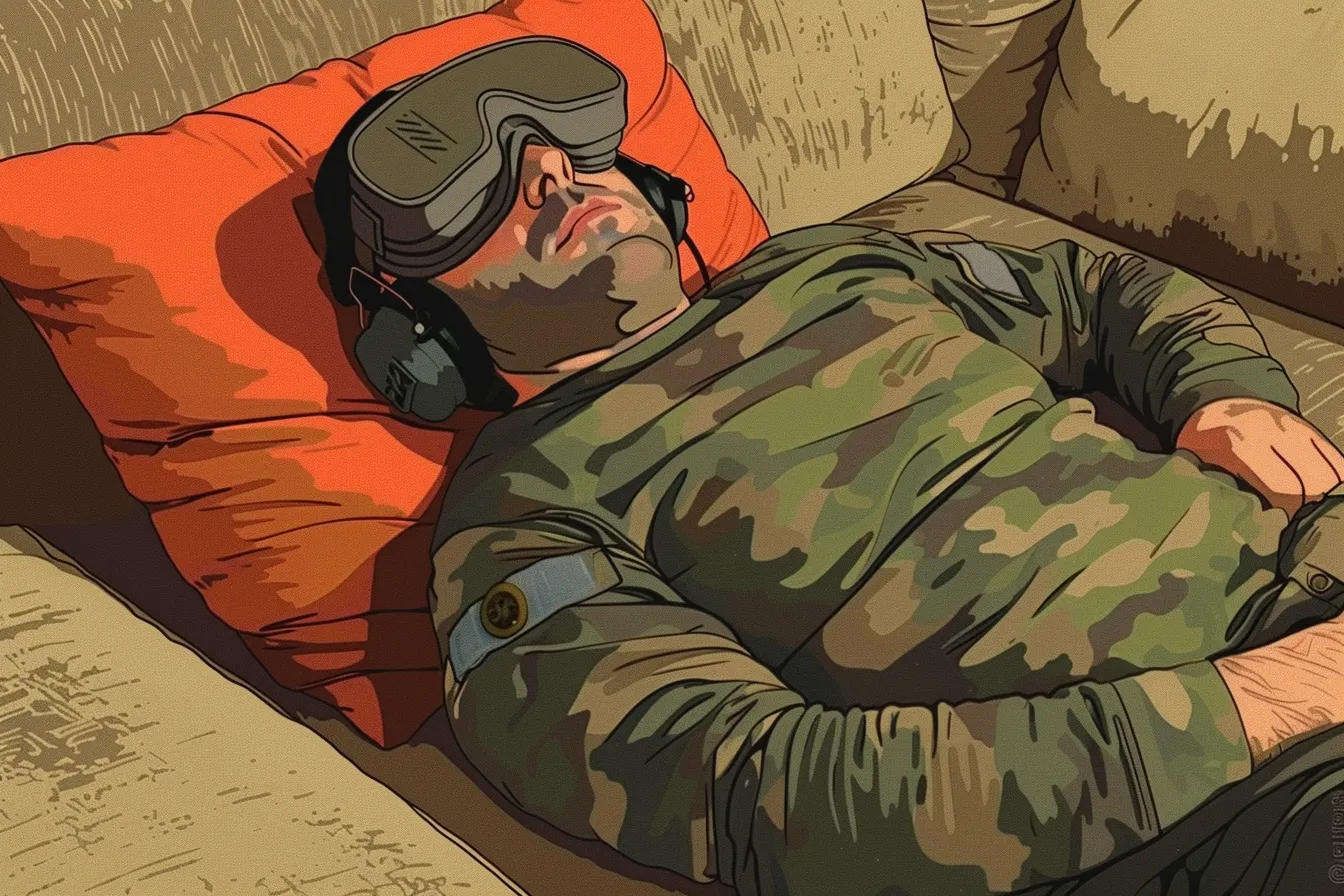
As described by Marijuana Moment, the Massachusetts Senate has unanimously passed a bill aimed at exploring the therapeutic use of psychedelics for military veterans. This decision follows a similar approval by the State House, setting the stage for potential gubernatorial endorsement once both chambers reconcile their versions.
The bill, part of the broader Honoring, Empowering and Recognizing Our Servicemembers and Veterans (HERO Act), seeks to establish a working group under the Executive Office of Veterans’ Services. This group will assess the benefits of psychedelic therapies—including substances like psilocybin and MDMA—for veterans suffering from mental health disorders.
Key elements of the bill include:
The legislation also highlights Massachusetts’ ongoing efforts to support its veterans through enhanced healthcare and mental health benefits, reflecting a commitment to those who have served the nation.
While the bill stops short of legalizing psychedelic therapy, its approval marks a critical step towards exploring alternative treatments that could benefit veterans with mental health challenges. (3)
Arizona Governor Rejects Bill to Establish Psilocybin Service Centers Despite Legislative Support
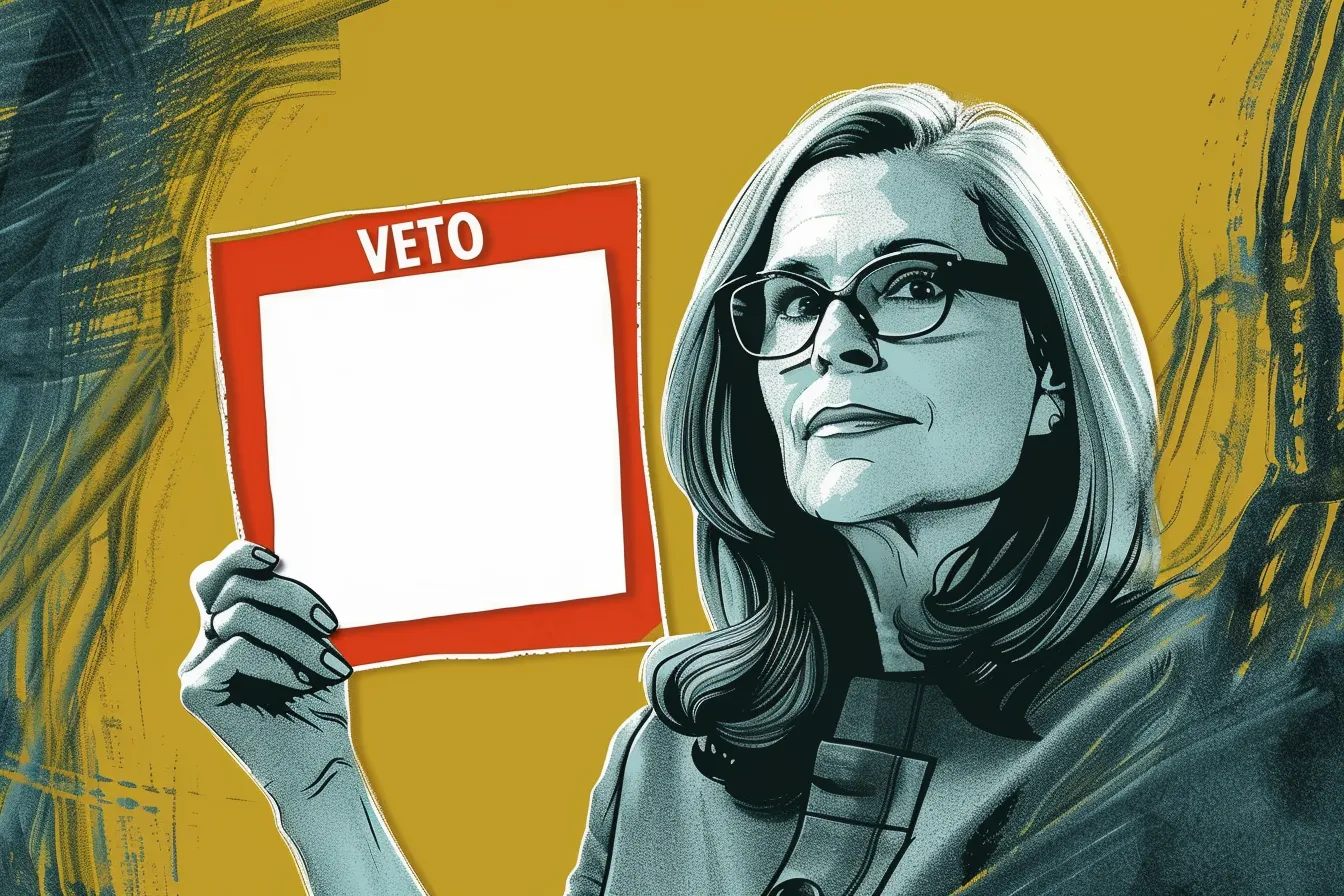
As reported by Marijuana Moment, Arizona Governor Katie Hobbs has vetoed a proposed bill that would have authorized the creation of psilocybin service centers in the state. The legislation initially aimed to provide medically supervised settings for individuals to receive psilocybin before being vetoed.
When explaining her decision, Governor Hobbs highlighted what she sees as insufficient evidence to warrant a widespread clinical expansion of psilocybin treatments without stringent safeguards. She emphasized the state’s responsibility to ensure that new therapies, especially those outside the mainstream, are introduced with appropriate protective measures to safeguard public health.
Despite the veto, the state’s commitment to exploring the benefits of psychedelics isn’t entirely curtailed. Arizona will continue to fund research into psilocybin therapy with an annual allocation of $5 million. This funding is part of a broader initiative to assess the therapeutic efficacy of psychedelics under controlled conditions, ensuring that any future implementations are grounded in solid scientific research.
Senator T. J. Shope, the bill’s sponsor, expressed disappointment over the veto, particularly given the significant legislative support the bill garnered. He underscored the missed opportunity to provide veterans and first responders with alternative mental health treatments within the state, noting that many Arizonans seeking such treatments would have to continue looking beyond state lines. (4)
Sources

1. Shepherd, K., Ovalle, D., & Nakamura, D. (2024, June 19). Maryland’s marijuana pardons reflect an uneven shift in U.S. drug policy. Washington Post. https://www.washingtonpost.com/national-security/2024/06/19/marijuana-pardons-expungements-legalization-us/
2. Clinical Trial Pipeline. (n.d.). MindBio Therapeutics. Retrieved June 20, 2024, from https://www.mindbiotherapeutics.com/clinical-trials
3. Jaeger, K. (2024, June 17). Massachusetts Senate Approves Bill To Study Psychedelics Therapy For Military Veterans. Marijuana Moment. https://www.marijuanamoment.net/massachusetts-senate-approves-bill-to-study-psychedelics-therapy-for-military-veterans/
4. Jaeger, K. (2024, June 19). Arizona’s Democratic Governor Vetoes Bill To Legalize Psilocybin Service Centers. Marijuana Moment. https://www.marijuanamoment.net/arizonas-democratic-governor-vetoes-bill-to-legalize-psilocybin-service-centers/
This material is not intended as a replacement or substitute for any legal or medical advice. Always consult a medical professional about your health needs. Psychedelics are widely illegal in the United States, and readers should always be informed about local, state, and federal regulations regarding psychedelics or other drugs.
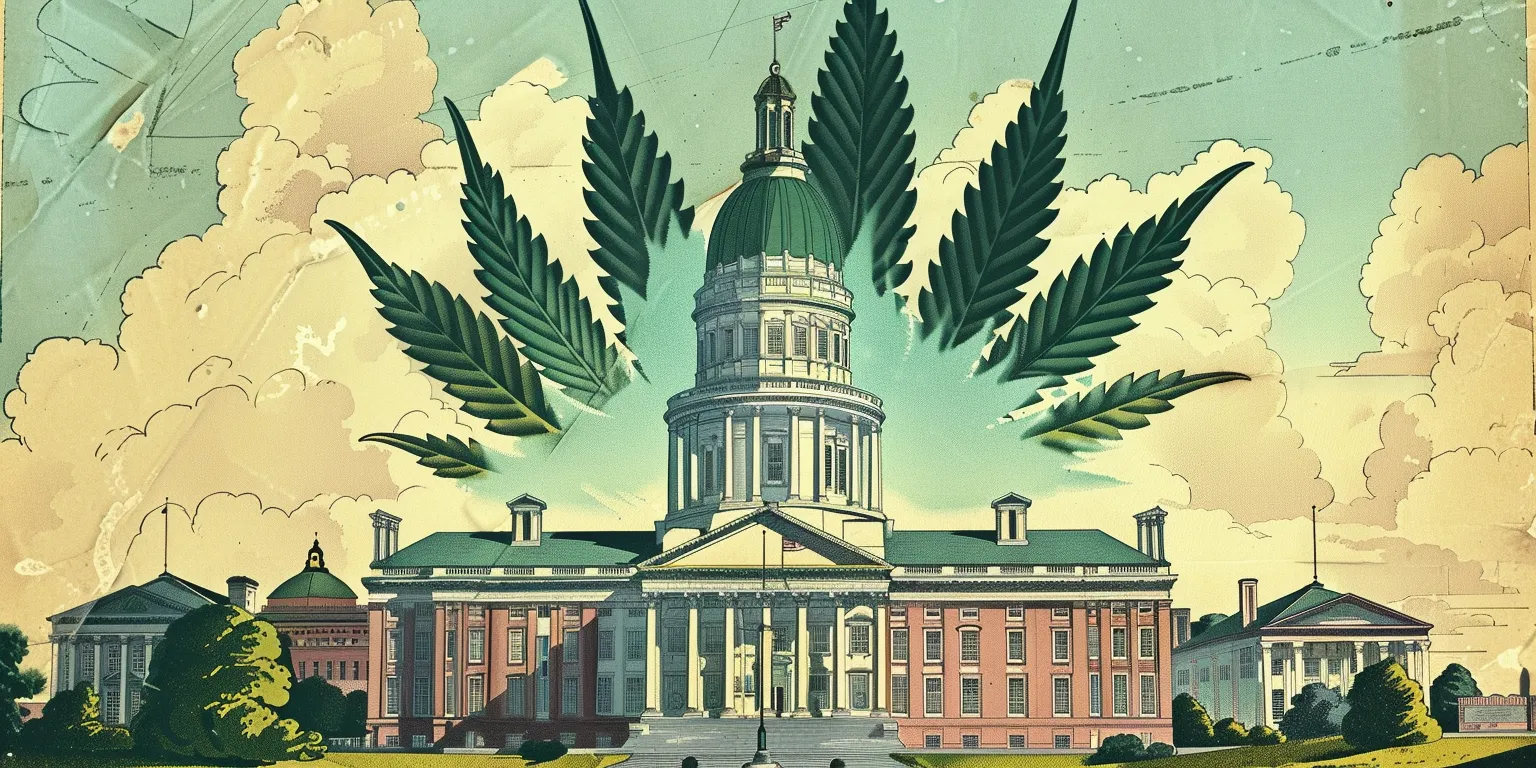
 David Connell
David Connell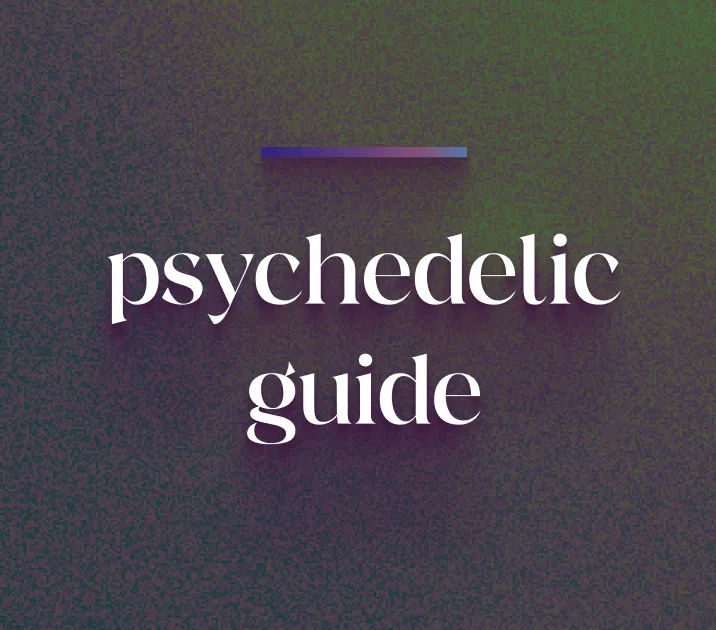

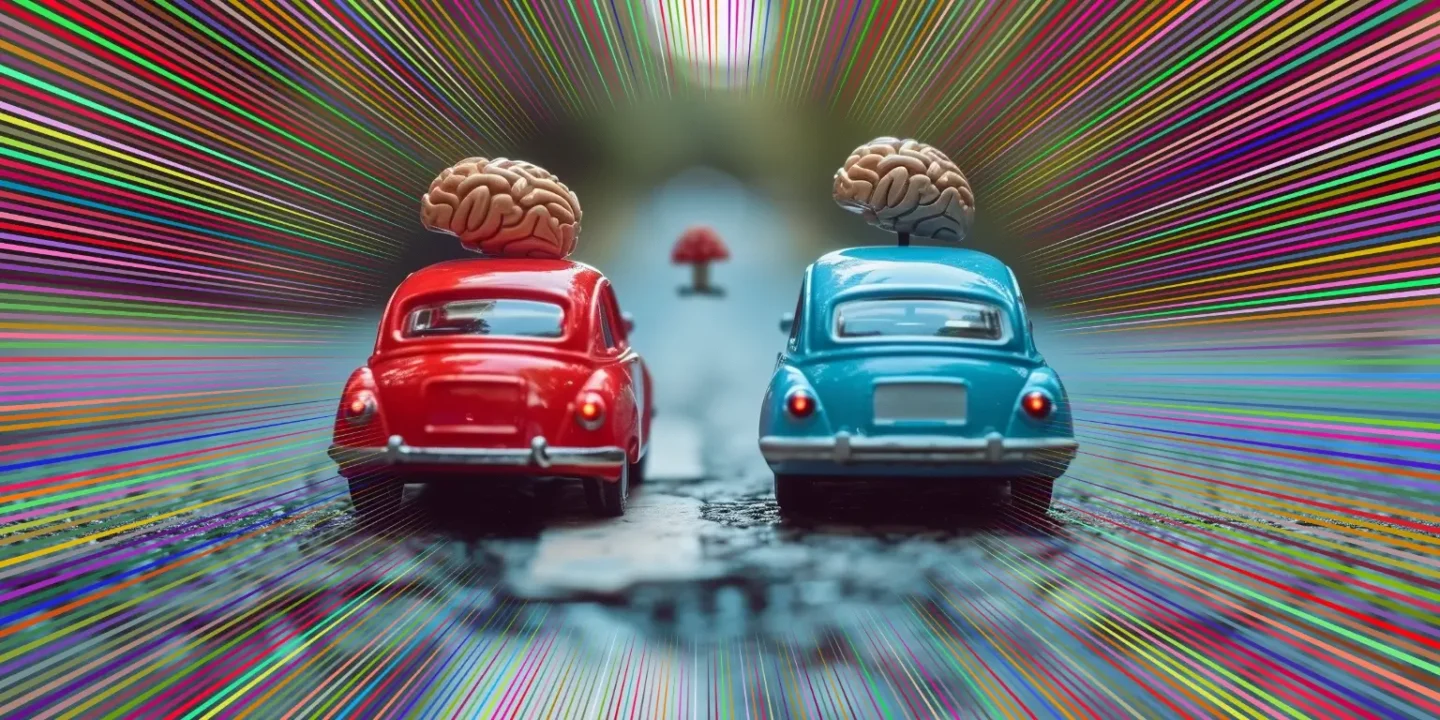



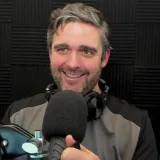 Ross Dillon
Ross Dillon 